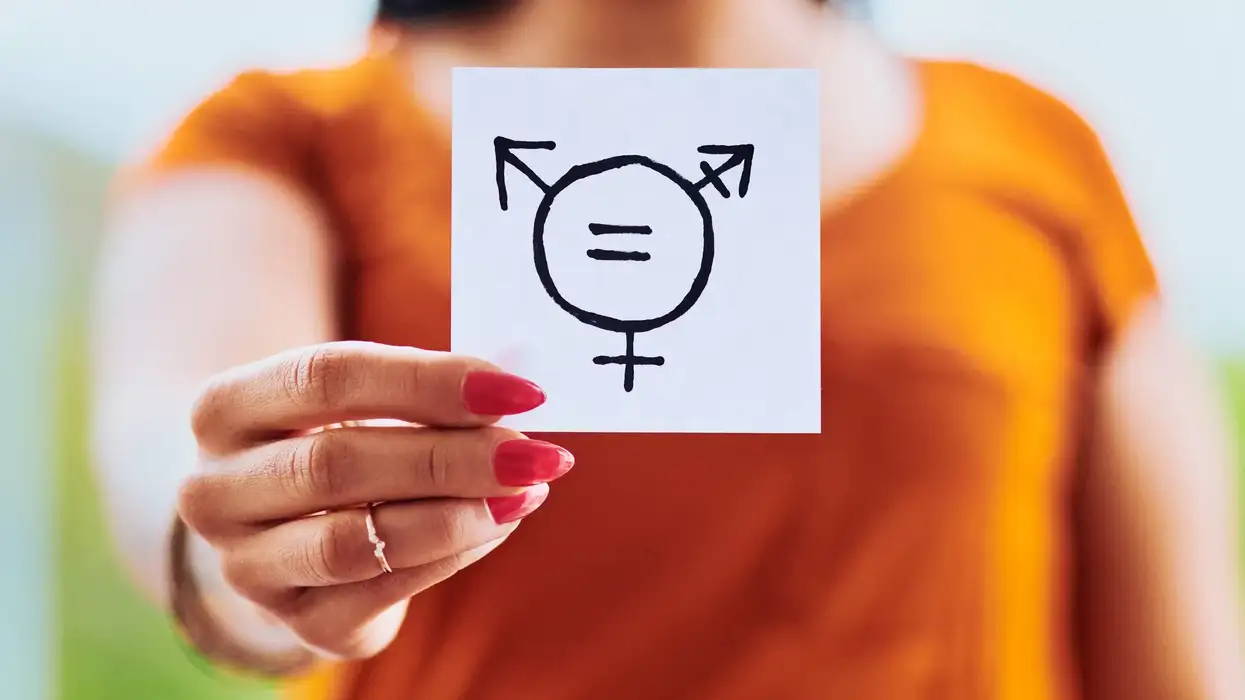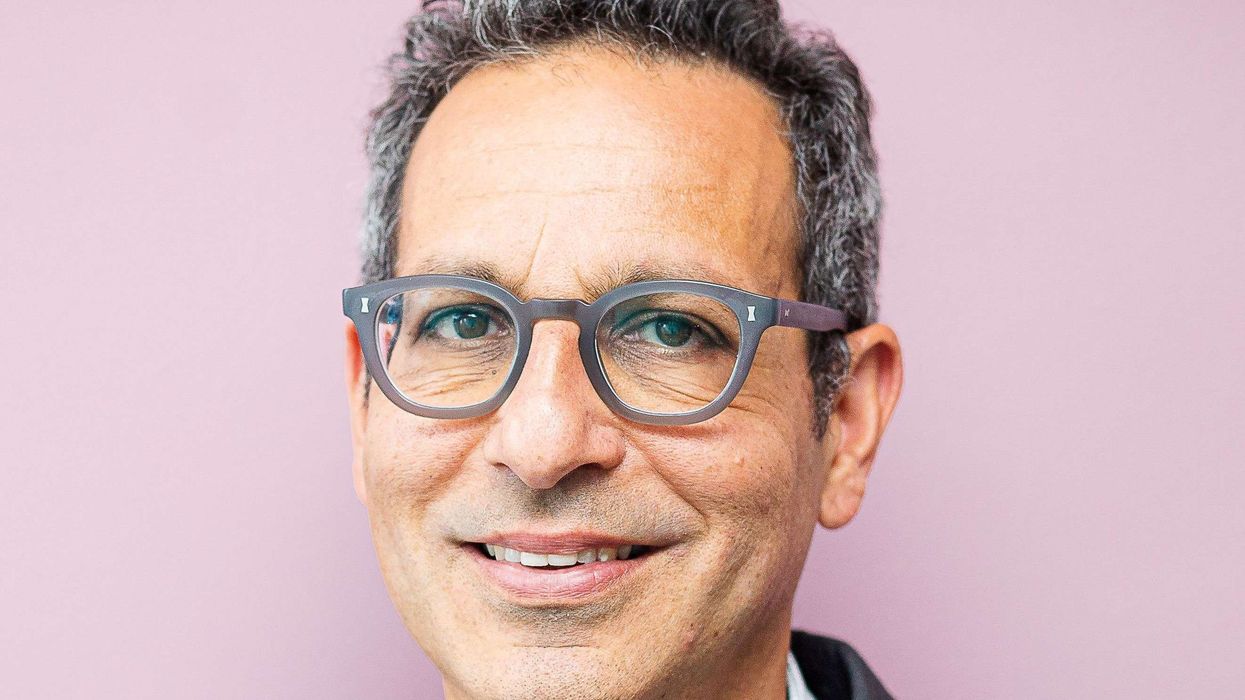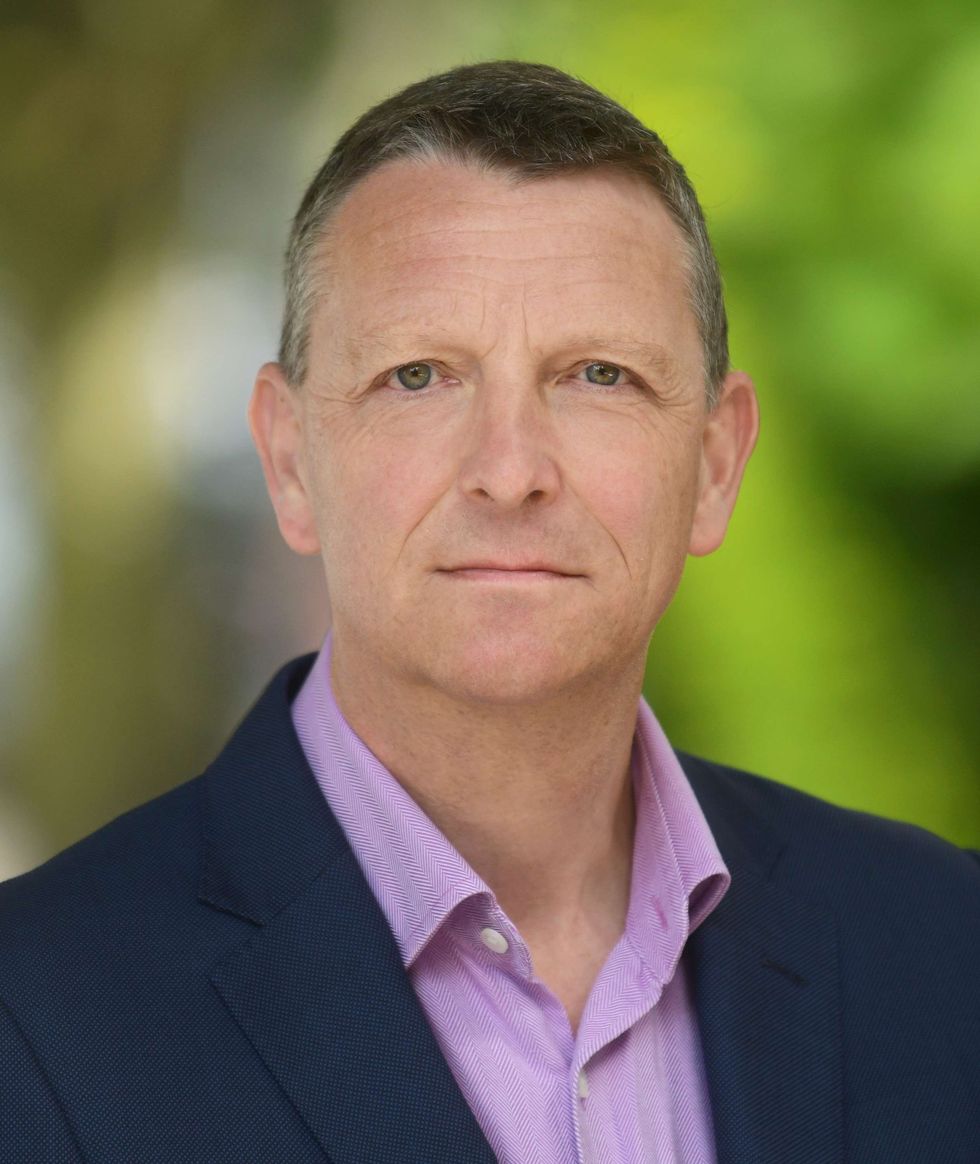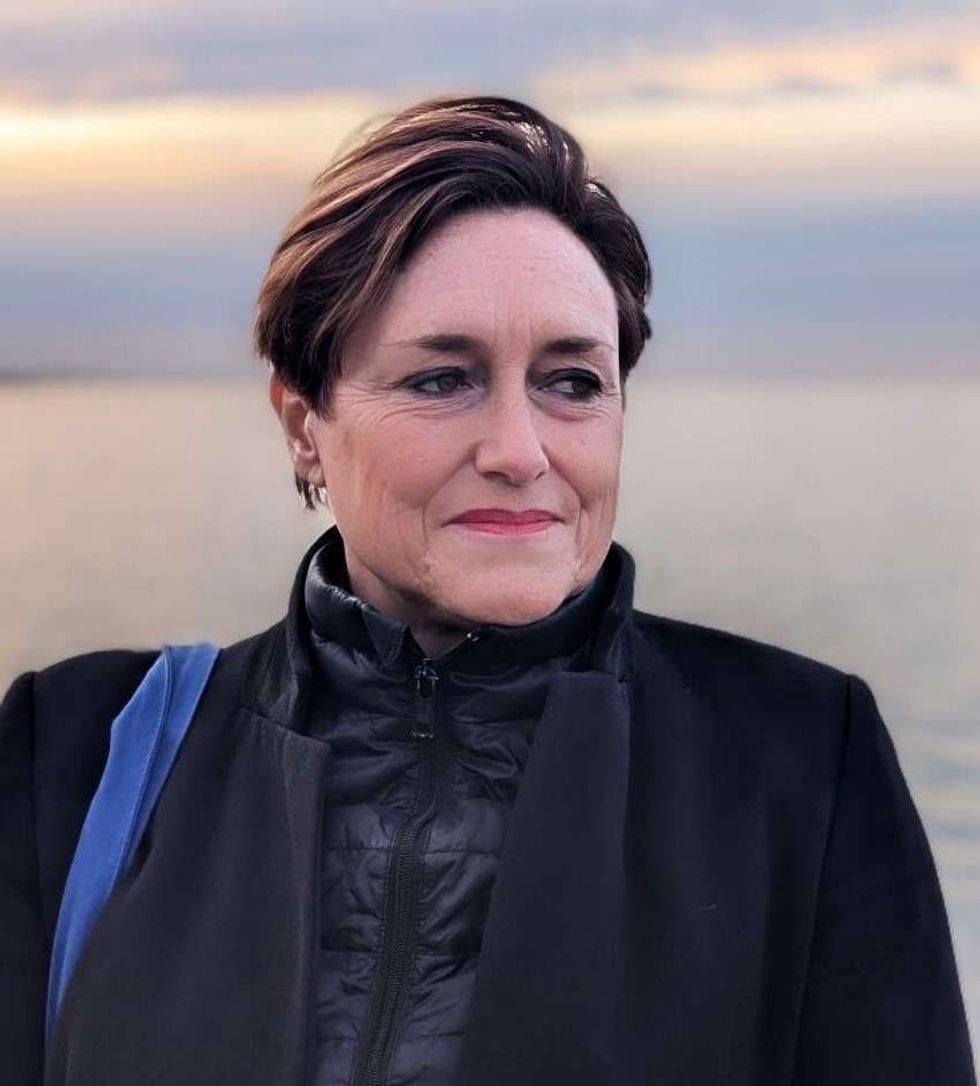The UN Human Rights Council made a significant stride on Thursday (4) by passing a resolution aimed at addressing discrimination against intersex people, despite encountering opposition from certain nations regarding the terminology used.
The resolution received approval from 24 out of 47 council members, with none voting against it and 23 abstentions. Countries such as Argentina, Brazil, France, Germany, India, Japan, and the United States voted in favour, while Bangladesh, China, Indonesia, Malaysia, Qatar, and the United Arab Emirates abstained.
Titled "Combating discrimination, violence, and harmful practices against intersex persons," the resolution was put forth by Australia, Chile, Finland, and South Africa. South Africa's ambassador, Mxolisi Nkosi, focused on the need to raise awareness about the challenges faced by intersex people, including lifelong discrimination in various spheres such as sports, health, and education, sometimes leading to extreme cases of violence and harmful practices like forced castration or sterilization.
Ambassador Jerome Bonnafont of France welcomed the council's discussion on the plight of intersex individuals, emphasising that they are often subjected to rejection by their families or society.
The University of Manchester estimates that approximately 1.1 million individuals in the UK identify as intersex. Intersex individuals are born with sex characteristics that deviate from conventional male or female categorisations. These traits encompass various aspects, such as sexual anatomy, reproductive organs, hormonal profiles, and chromosomal patterns.
While some of these characteristics are observable at birth, others manifest during puberty, and some may not be visibly apparent at all. Globally, intersex individuals make up around 1.7 per cent of the population, a figure comparable to the prevalence of individuals with red hair.
The resolution acknowledges the existence of individuals with variations in sex characteristics that do not conform to typical male or female definitions, commonly referred to as intersex persons, across all societies.
However, there was a debate over terminology during the council session. Qatar, speaking on behalf of the Arab Group members, proposed alternative terms such as "persons with disorders in sex development," arguing for a more scientifically and medically accurate description.
Bangladesh and Malaysia also expressed reservations, citing unfamiliarity with the term intersex in their national legal systems and potential derogatory implications in local languages. China emphasised the need for the resolution to respect diverse cultural traditions.






 Mark Easton
Mark Easton And , Sue Baker OBE
And , Sue Baker OBE






